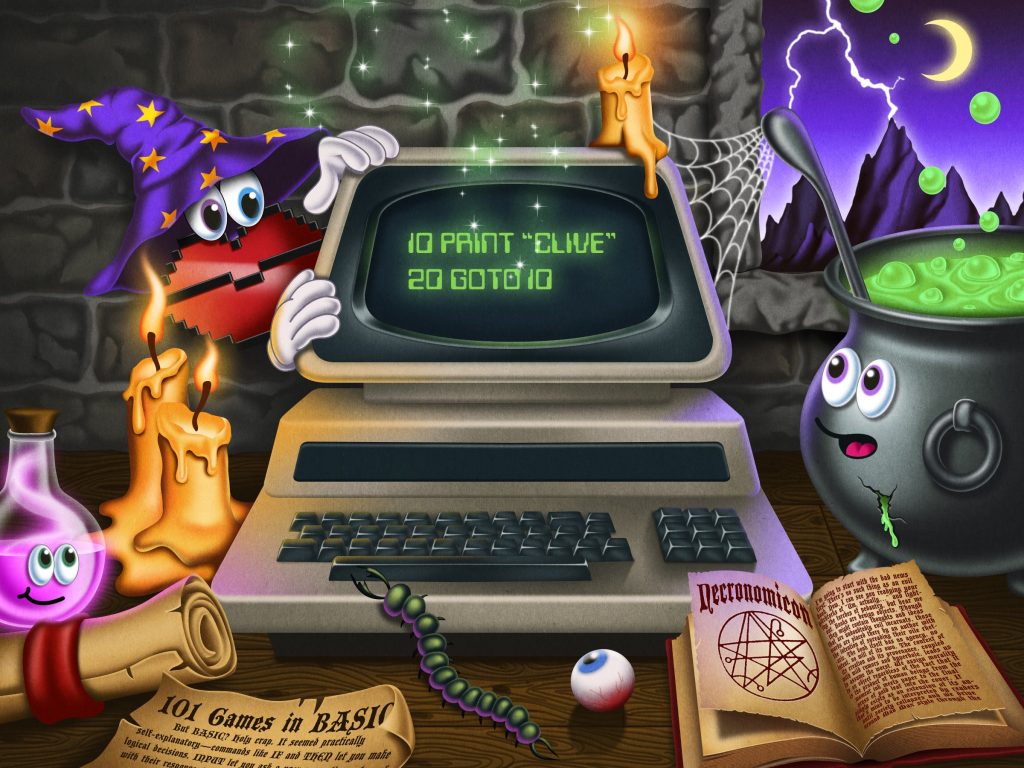Back to BASIC—the Most Consequential Programming Language in the History of Computing
Back to BASIC—the Most…

Back to BASIC—the Most Consequential Programming Language in the History of Computing
Since its introduction in 1964, BASIC (Beginner’s All-purpose Symbolic Instruction Code) has been a fundamental programming language that has shaped the history of computing. Developed at Dartmouth College, BASIC was designed to be easily understood by beginners and to help them learn the fundamentals of programming.
One of the most significant aspects of BASIC was its widespread adoption in the early days of personal computing. Many of the first microcomputers, such as the Altair 8800 and Apple I, featured BASIC as their primary programming language, making it accessible to a broader audience.
BASIC’s simplicity and versatility made it an ideal tool for education, enabling students and hobbyists to write their own programs and explore the world of computing. It also laid the foundation for modern programming languages like Python and JavaScript, which share many of BASIC’s principles.
Despite its simplicity, BASIC was a powerful language that could be used to create complex programs and algorithms. Its influence can still be seen in modern programming practices, making it one of the most consequential languages in the history of computing.
Even as new languages and technologies emerge, BASIC continues to have a lasting impact on the way we approach programming and problem-solving. Its legacy lives on in the minds of developers and educators who got their start with BASIC and continue to build upon its foundation.
In conclusion, BASIC remains a crucial language in the history of computing, offering a gateway for beginners to enter the world of programming and setting the stage for the development of more advanced languages. Its simplicity and accessibility have made it a timeless tool that will continue to inspire future generations of programmers.




